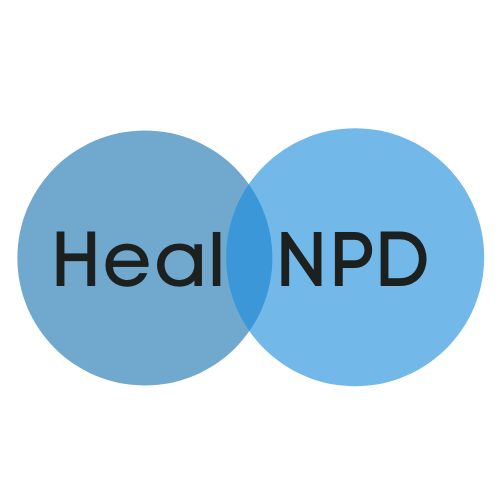The Legacy of Relational Trauma in NPD
Listen to a version of this article on the HealNPD podcast, or watch the video on YouTube.
Individuals with narcissism often have an intense sensitivity to feeling criticized, rejected, betrayed, humiliated, or shamed. This can be particularly problematic in both personal and professional relationships, as the narcissistic individual may perceive criticism where none was intended. For some, this results in hurt feelings, depression, or even self-harm. But others, particularly those with high levels of grandiosity, may hold onto resentments for perceived insults and may even try to take revenge, sometimes long after the incident has passed.
Although it is easy to pass this sensitivity off as vanity and entitlement, the reality is that sensitivity to social rejection in narcissism is about relational trauma. Essentially, narcissistic individuals are getting triggered by the perception that they are being criticized or by the feeling of being humiliated, rejected, or shamed.
Nobody likes social rejection. It is normal to feel defensive or angry when we are criticized, betrayed, or humiliated. These are experiences we all try to avoid because they threaten our self-esteem. For individuals with stable self-esteem and a flexible self-image, social rejection can be difficult to weather. However, for those with unstable self-esteem and an inflexible self-image, it can be nearly impossible. Narcissists become so reactive and angry when they feel rejected because, to them, self-esteem is a precious commodity.
The roots of this issue lie in relational trauma. When we are young, we need to feel understood. Feeling misunderstood or mischaracterized is a type of relational trauma, particularly when we are young and first putting together the pieces of a self. When we experience these feelings, it can be devastating. There is likely an upsetting memory from your childhood of feeling misunderstood or mischaracterized. Maybe you were accused of lying when you really hadn’t, or you got in trouble for something that someone else had done. These events, however minor they may seem, stick with us because feeling understood is a vital building block of self-image and self-esteem.
In pathological narcissism, the self has been wounded and remains not fully developed. Trauma interrupts development, making it impossible to integrate the traumatic experience. While we often think about trauma as threats to life and limb, relational trauma can have a serious and lasting impact on our emotional well-being.
So what can be done if you or someone you love is experiencing these issues?
Compassion is key.
Remember that this behavior happens because of an injury, and those who struggle with NPD are often deeply wounded themselves. If you notice this tendency in yourself, work on giving more space to both yourself and others. Excuse yourself to feel your feelings, and try to assume that others have no idea that you are vulnerable in this particular way.
Take Responsibility.
Others are not responsible for your sensitivity, and it's up to you to do the work to heal yourself. Don't expect others to alter their behavior to cater to your needs, but instead take ownership of your pain and work towards greater self-compassion and understanding. This can be a difficult process, but therapy can be an excellent tool for developing these skills and healing from relational trauma and NPD.
In the end, acceptance, compassion, and understanding are essential to healing from relational trauma and NPD. If you or someone you love is struggling with these issues, don't hesitate to seek professional help from a licensed mental health professional who can provide tailored support and guidance. Remember that healing is possible, and that you are not alone in this journey towards emotional well-being.
